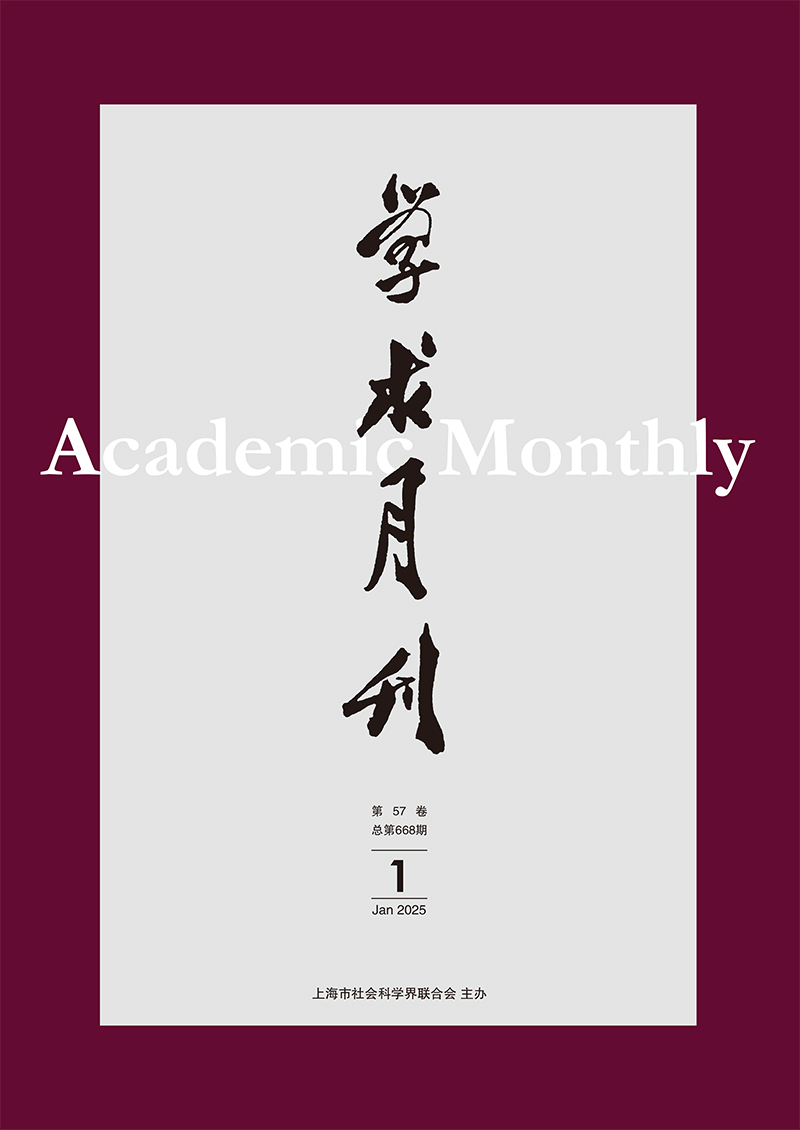“Slaves and Pariahs, Compared in Law to Livestock”—A Political Analysis of China's Ancient Pariah Class
Abstract: The pariah system is one of the longest-standing political systems in Chinese history and serves as a crucial structural foundation for China's absolute monarchy and autocratic regime. Pariahs constituted a vast and distinct group in traditional Chinese society, existing outside the recognized four-class ordinary people of scholar-officials, farmers, artisans, and merchants. They occupied the lowest rung of China's social stratification system. Pariahs were treated like livestock and property, stripped entirely of basic human rights, and deprived of personal freedom, dignity, and life security. Not only were they denied the common freedoms, equality, and personal rights enjoyed by ordinary citizens, but even their right to life could be taken away by their masters or other "free" citizens at any time. The phrase "slaves and pariahs, compared in law to livestock" encapsulates the collective essence of the pariah class in Chinese history. The pariah system persisted in China for thousands of years, leaving a heavy political and social legacy on the Chinese people. This system legitimized inhumane and anti-humanitarian practices, essentially constituting a form of political and social enslavement. The politics of the pariahs is one of servility, and the formation of a servile national character is intrinsically linked to the pariah system.



 沪公网安备 31010102003103号
沪公网安备 31010102003103号 DownLoad:
DownLoad: